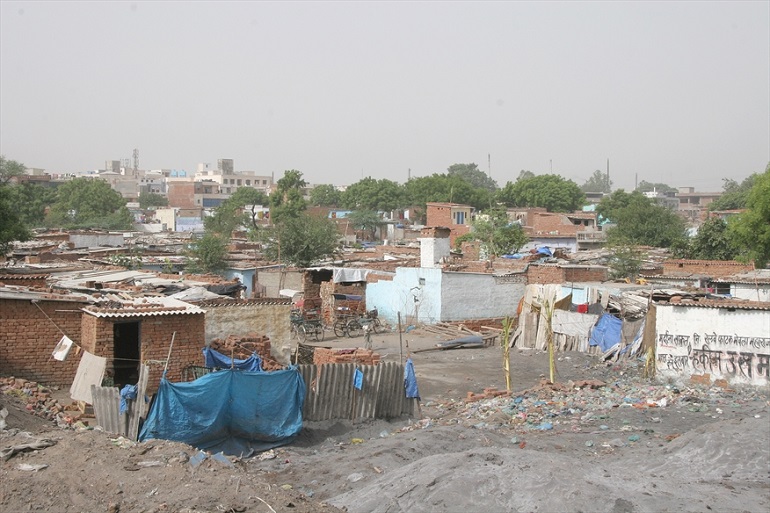
As half a million people in 900 cities around the world campaign today for “sustainable” development goals, Brian Grim, president of the Religious Freedom and Business Foundation, argues that this cannot be achieved without religious freedom.
“There is a strong and positive relationship between religious freedom and sustainable development as embodied in the 17 Sustainable Development Goals (SDGs) adopted by world leaders in September 2015 at an historic UN Summit,” Grim wrote on the foundation’s website.
The 2030 Agenda for Sustainable Development, which includes the 17 SDGs, target global challenges such as poverty, inequality, climate change and conflict.
With 12 years to go until the 2030 deadline for achieving the goals, Grim says the first goal, ending poverty, cannot be tackled through government intervention alone. “Innovative faith-based initiatives worldwide are tackling poverty using bottom-up, small-p poverty alleviation approaches that empower individuals to be resourceful, resilient and self-reliant,” he says.
Grim says that while freedom of religion or belief contributes to the well-being of individuals, communities and nations, a lack of religious freedom hampers individuals to innovate and contribute.
The same applies, he says, to the empowering of women: the fifth goal. “Unless there is religious freedom, minority groups, including women, will not be at the table and their vital, productive and creative voices will not be heard,” he says. “Corporations and economies will suffer if they miss out on the contribution of women. The denial of religious freedom contributes to gender inequality throughout the world.”
Last month the US Ambassador to the Vatican, Callista Gingrich, said that “when religious freedom is protected, women’s rights are strengthened and societies flourish”.
Grim also noted that democracies scored highest on religious freedom and a peaceful society, saying: “Countries with greater religious freedoms are generally more peaceful, whereas countries with less religious freedom are generally less peaceful.”
The chairman of the US Commission on International Religious Freedom, Dr. Daniel Mark, told British parliamentarians in May that religious freedom was “a prerequisite for democracy, rather than the other way around”. He also said there was a link between religious freedom and levels of critical social indicators, such as prosperity, stability and peace.
In May, US religious freedom ambassador Sam Brownback linked a lack of religious freedom to a greater risk of terrorism.